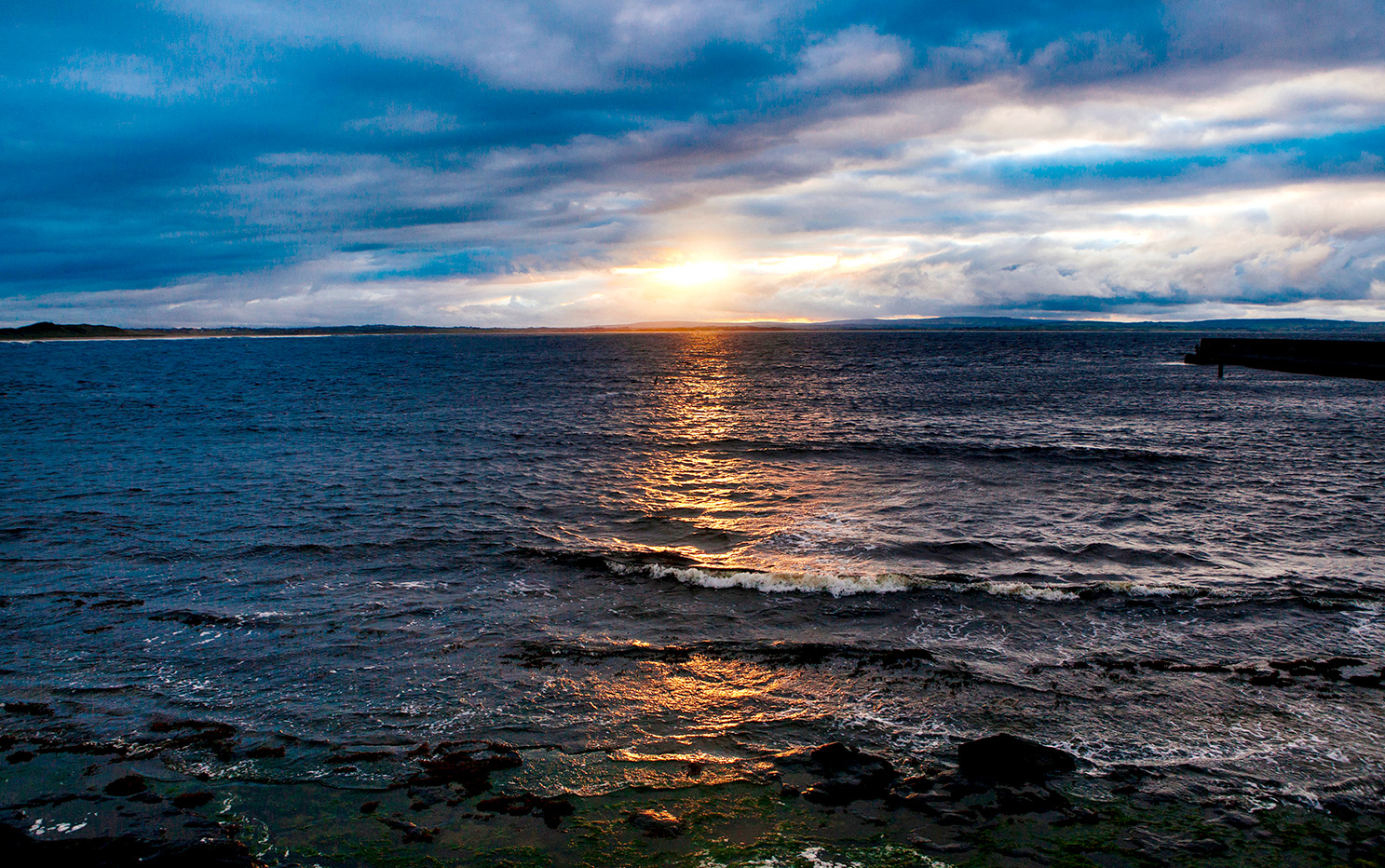The permi-frost melts are well under way, as is the more widely publicized glacial melts. In terms of the later the main concern probably will be what happens to the Atlantic Conveyor:

 www.carbonbrief.org
www.carbonbrief.org
Much of Northern Europe and North America's current climate 'norms' rely on that system to keep things stable.
As for the CO2 releases from the already underway permi-frost melts (the ones in Russia and Greenland are especially bad) that is an unknown quantity, but needless to say not something that is going to help slow AGW down:
'Melting permafrost in Arctic will have $70tn climate impact – study':

 www.theguardian.com
www.theguardian.com
We are right at the 'tipping point' for many of the earths current natural systems and all the extra CO2 AGW is about is having an effect too quickly for most natural systems to adjust to comfortably. It's going to be a wild ride over the next few hundred years.

Atlantic ‘conveyor belt’ has slowed by 15% since mid-20th century - Carbon Brief
The Atlantic Ocean current that brings warm water up to Europe from the tropics has weakened by 15% since the middle of the last century, new research suggests.
Much of Northern Europe and North America's current climate 'norms' rely on that system to keep things stable.
As for the CO2 releases from the already underway permi-frost melts (the ones in Russia and Greenland are especially bad) that is an unknown quantity, but needless to say not something that is going to help slow AGW down:
'Melting permafrost in Arctic will have $70tn climate impact – study':

Melting permafrost in Arctic will have $70tn climate impact – study
Study shows how destabilised natural systems will worsen man-made problem
We are right at the 'tipping point' for many of the earths current natural systems and all the extra CO2 AGW is about is having an effect too quickly for most natural systems to adjust to comfortably. It's going to be a wild ride over the next few hundred years.


